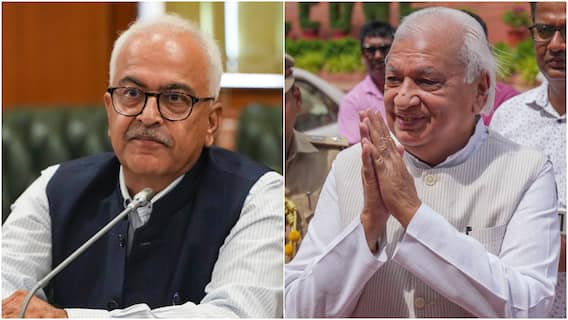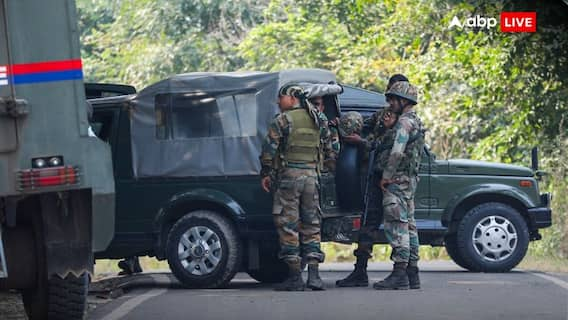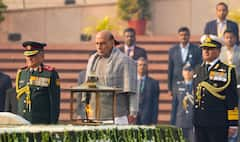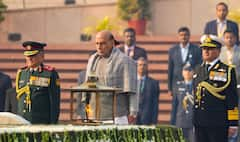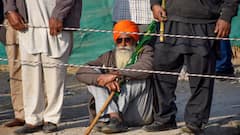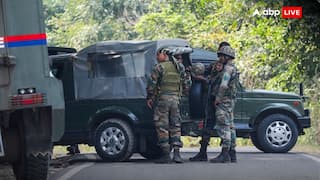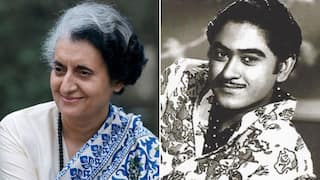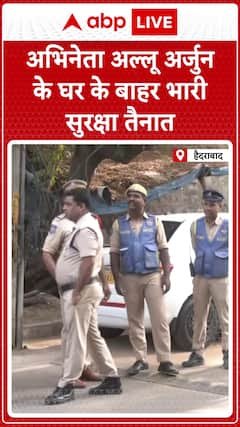No Unexplained Incidence Of Women Pregnancy In West Bengal: State Govt Tells SC
Senior Advocate appearing on behalf of the West Bengal government told the bench that there has been no unexplained incidence of pregnancy and every single incident has been accounted for.

The Supreme Court on Friday was told by the counsel appearing for the state of West Bengal government that every single instance of pregnant women in prison and children born in prisons in West Bengal has been accounted for. The court also passed an order directing all state governments to include a senior-most lady judicial officer, and women Superintendent of Police in the district-level committees for evaluating conditions of women in prison across India.
The top court was hearing the case pertaining to pregnancies and child births in prisons in the state of West bengal.
Senior Advocate Meenakshi Arora appearing on behalf of the West Bengal government told the bench that there has been no unexplained incidence of pregnancy and every single incident has been accounted for.
ALSO READ | Are Women Getting Pregnant In Indian Prisons? What Last Five-Year Data Shows
She further said that in several prisons there are only all-women staff in correctional homes. She stated that if a man is present, they are accompanied by women. Arora also mentioned that CCTV cameras are installed throughout the facilities.
After hearing submissions from Arora and Senior Advocate Gaurav Agarwal in the case, the court issued notice to all state governments in India and passed order to expand the scope of the district-level committees, which are to be constituted by the States/ UTs to look into the the issue of overcrowding of prisons in India and evaluation jail infrastructure. The said committee will also have to address the aspects relating to women in prisons.
Accepting Agarwal's suggestions for immediate action, the top court directed that a senior most lady judicial officer in the district should also be included as a member in the district-level committees. The court said that it is passing the said orders to ensure a fair assessment of security measures, hygiene measures and health care infrastructure. The further said that the committee should also include a superintendent of women's jail or barracks wherever possible.
The court has asked for status reports from States and UTs and listed the matter for further hearing on April 09.
On February 9, the bench of Justice Hima Kohli and Justice Ahsanuddin Amanullah had taken cognisance of the submissions made in Calcutta High Court concerning the pregnancies in prisons in state of West Bengal and asked Senior Advocate Gauarv Agrawal who is appointed amicus curiae in the case for overcrowding in prisons to file a report in top court.
This came after the Calcutta High Court on February 8 was told that women prisoners in West Bengal were getting pregnant while under custody. In 2018, the high court appointed Advocate Tapas Kumar Bhanja as amicus curiae in a suo motu motion on overcrowding in prisons. Bhanja told the high court that there has been an alarming rise in such pregnancies and also suggested a ban on entry of male staff into women cells.
Agarwal in his report informed the top court that the information received from ADG & IG Correctional Services of all child births in the West Bengal jails indicates that there were 62 children born in the jails in West Bengal during the last 4 years. The application filed by Agarwal in the top court says that most women prisoners were already expecting at the time when they were brought to the jails in West Bengal. In some cases the women prisoners had gone out on parole and returned back expecting.
The application further attaches a table on data of the women with children in West Bengal's prisons. According to the last four years data, 11 of these women were deported to Bangladesh, while 12 others were either acquitted or released on bail. Also, out of the 181 children currently living in the state's jails,153 were brought with their mothers when they entered the prisons.
Agarwal also reached out to jail authorities in Rajasthan, Haryana and Delhi and found that in some places there are separate women jails and only women staff is allowed inside the jails. Men personnel are deployed only at the gates or periphery of premises. In rare cases, when there is a requirement of male doctor or visits by male officials, a women guard is always accompanying them. In other places there are women's barracks which are part of the jail complex, where also the same protocol is to be followed, the application said.
Trending News
Top Headlines





